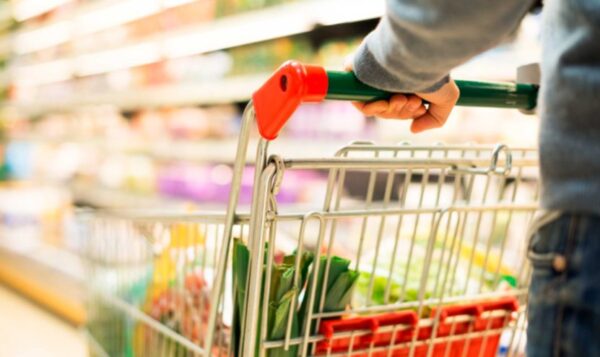
Once considered basic necessities, several everyday items in South Africa have become financially out of reach for millions.
Economic stagnation, currency depreciation, global supply challenges, and inflation have all contributed to the reclassification of common goods into what many now view as “luxury purchases.”
This article explores five such items that have become symbolic of the country’s rising cost of living and deepening inequality.
1. Meat: A cultural staple priced like a delicacy
In South African households, especially during festive seasons or weekend gatherings, meat is more than food—it’s tradition. However, prices of beef and lamb have surged due to:
What was once a regular purchase is now often limited to special occasions.
2. Dairy products: Cream, cheese, and butter
Dairy inflation reflects a combination of global and local pressures. Load-shedding affects cold storage; imported feed costs have risen; and local dairy farms face increasing operational challenges.
Consumers are either reducing their dairy intake or switching to cheaper alternatives such as margarine and powdered milk.
3. Personal care items: Toiletries and sanitary products
Toiletries such as toothpaste, shampoo, soap, and menstrual hygiene products have all risen in cost, placing significant strain on low-income households.
Notably, the unaffordability of sanitary pads has led to an increase in period poverty—particularly among schoolgirls and rural communities.
4. Mobile data and airtime: A digital divide
Mobile data remains costly compared to global standards. While smartphone usage has expanded, digital access is increasingly a class issue in South Africa.
Data packages consume a disproportionate share of income for the working class, who rely on connectivity for education, work, and banking.
5. Bread and cooking oil: The vanishing basics
Wheat prices have been affected by global events, including the war in Ukraine. Simultaneously, cooking oil prices skyrocketed due to sunflower oil shortages and increased global demand.
These factors have made it harder for families to afford daily meals using these basic ingredients.
Conclusion
The gradual transformation of everyday essentials into unaffordable goods is a stark reminder of South Africa’s economic challenges. It signals the need for stronger policy interventions, sustainable local production, and economic support systems that can protect households from the devastating effects of inflation on basic needs.












